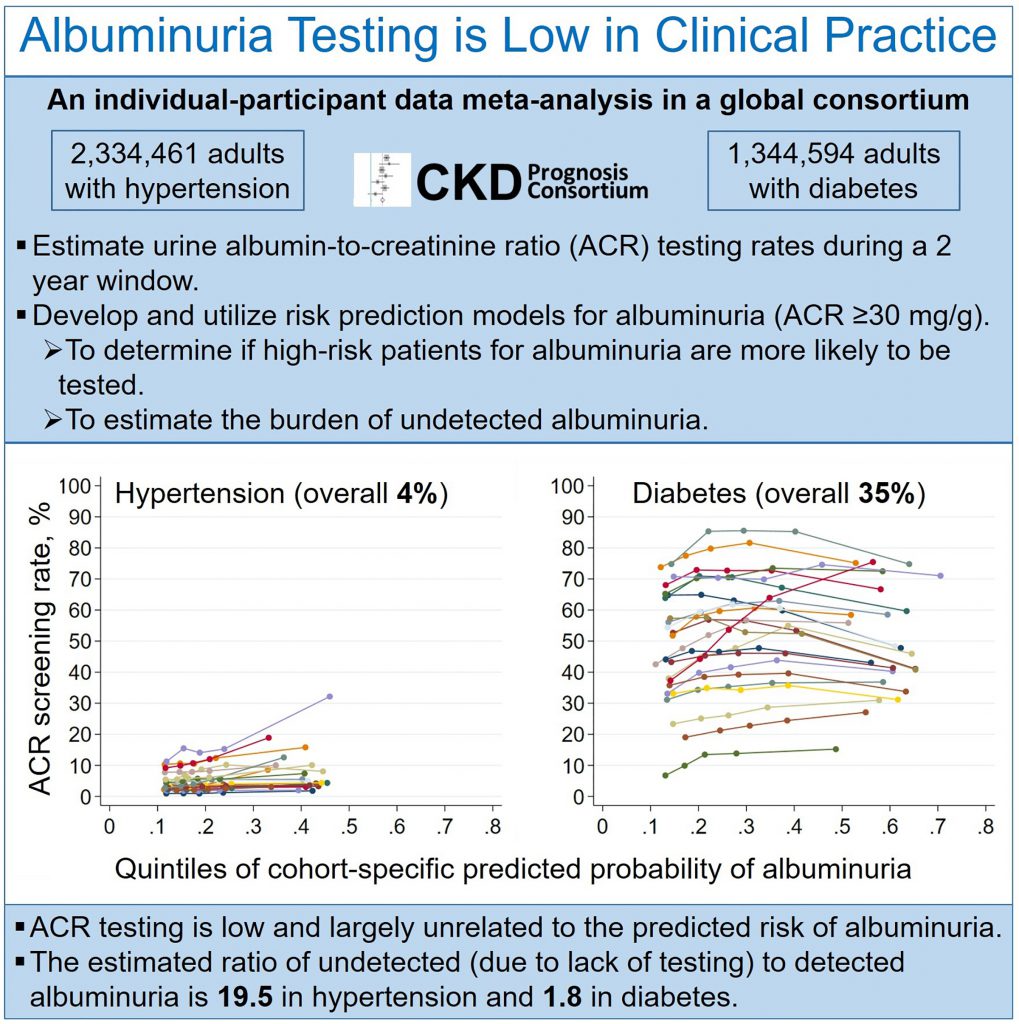Responsum for CKD
{{user.displayName ? user.displayName : user.userName}}
{{ user.userType }}

The New York Times
A new Lancet study finds chronic kidney disease cases increasing worldwide, driven by diabetes, high blood pressure, and obesity. Learn why early testing and new treatments matter.
New research published in The Lancet confirms what many in our community already know: chronic kidney disease (CKD) is on the rise worldwide, and much of that increase is tied to other chronic conditions such as diabetes, high blood pressure, and obesity.
In 2023, CKD became the ninth leading cause of death globally, up from 27th in 1990. The study estimates that about 14% of adults, nearly 788 million people, now live with CKD, compared to 12% in 1990.
Experts say this growth reflects both an aging population and an alarming rise in metabolic conditions that damage the kidneys over time.*
Your kidneys filter more than 150 liters of fluid each day, removing waste while balancing minerals and producing hormones that regulate blood pressure, red blood cells, and bone health.
Conditions like diabetes and high blood pressure damage blood vessels in the kidneys, making them less able to filter properly. “The kidneys are highly vascular,” explained Dr. Andrew Levey of Tufts Medical Center. “About 20% of the blood pumped by the heart goes directly to them. When those blood vessels are damaged, kidney function declines.”
In recent years, obesity has become another major factor because it contributes to both diabetes and hypertension. Other risks include autoimmune diseases, chronic infections, and certain inherited genetic variants.
Researchers are also seeing CKD emerge in regions such as Central America and South Asia, where heat stress and environmental toxins may play a role.
CKD often doesn’t cause symptoms until it’s advanced. Left untreated, it can progress to kidney failure, requiring dialysis or a transplant. But even before that stage, kidney disease greatly increases the risk of heart attack, stroke, and heart failure.
“Kidney disease amplifies the processes that lead to cardiovascular conditions,” said Dr. Susan Quaggin of Northwestern University. “It’s a multiplier of risk.”
In 2023, the American Heart Association officially recognized this connection with the new term “cardiovascular-kidney-metabolic syndrome”—a cluster of overlapping conditions involving obesity, diabetes, CKD, and heart disease.
As Dr. Josef Coresh of NYU explained, “Metabolic dysfunction is at the root. The kidney multiplies the damage and can lead to cardiovascular death.”
Despite major progress in medications and awareness, most kidney disease still goes undiagnosed until it’s severe.
Routine blood and urine tests can detect kidney damage early, yet studies show that only 35% of patients with diabetes and 4% of patients with high blood pressure receive the recommended urine screening for CKD.

One patient, Junelle Speller, discovered her kidney disease only after being denied life insurance because of an abnormal blood test. She went from feeling healthy at 32 to starting dialysis within months, later receiving two kidney transplants. Her story highlights how easily CKD can go unnoticed.
“We should be doing a better job identifying individuals at risk and intervening,” said Dr. Quaggin.
Today, several new treatments can slow or even halt CKD progression when caught early. These include:
These medications, combined with regular screening, healthy lifestyle changes, and patient education, could help reverse global CKD trends.
“I would be very hopeful,” said Dr. Quaggin, “that we can bend the curve downward if we identify kidney disease early and implement these treatments.”
CKD is more common than many realize, and it’s deeply connected to overall metabolic and heart health. If you live with diabetes, high blood pressure, or obesity, talk to your doctor about getting screened with a simple blood and urine test.
The earlier kidney disease is found, the more options you have to protect your health.
Have you or someone you love been diagnosed late with kidney disease? Share your story in the comments section to help others understand the importance of early testing and awareness.
* The New York Times (November 7th, 2025). “Rise in Kidney Disease Tied to Other Chronic Conditions, Study Finds”. nytimes.com
To ensure that we always provide you with high-quality, reliable information, Responsum Health closely vets all sources. We do not, however, endorse or recommend any specific providers, treatments, or products, and the use of a given source does not imply an endorsement of any provider, treatment, medication, procedure, or device discussed within.
Source: {{articlecontent.article.sourceName}}
Receive daily updated expert-reviewed article summaries. Everything you need to know from discoveries, treatments, and living tips!
Already a Responsum member?
Available for Apple iOS and Android
Add Comments
Cancel